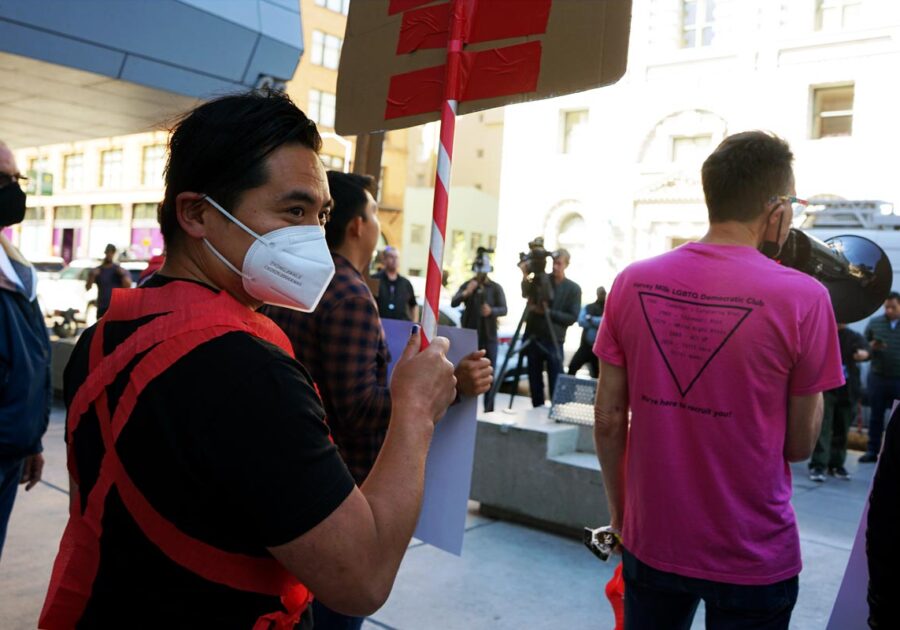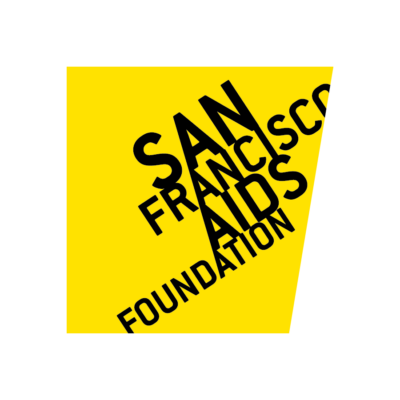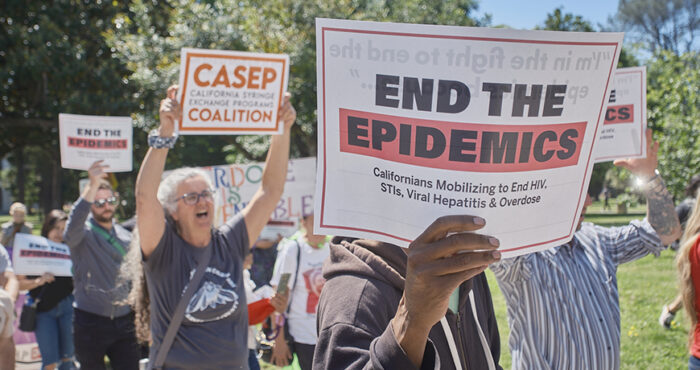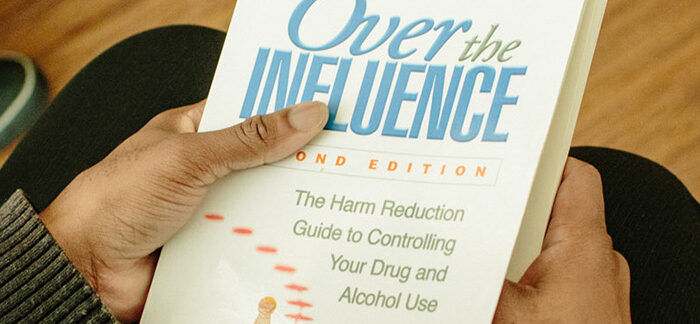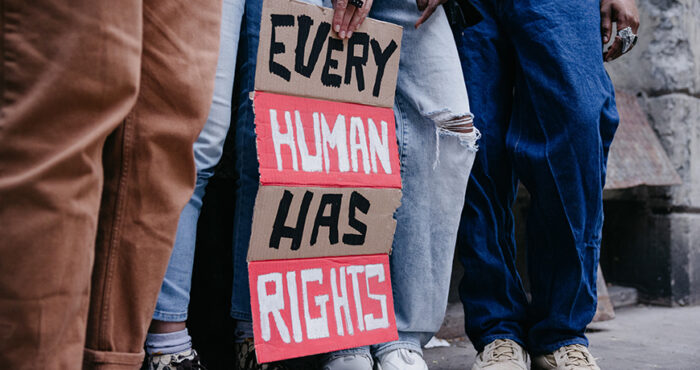Advocating for life-saving services delivered by syringe access programs
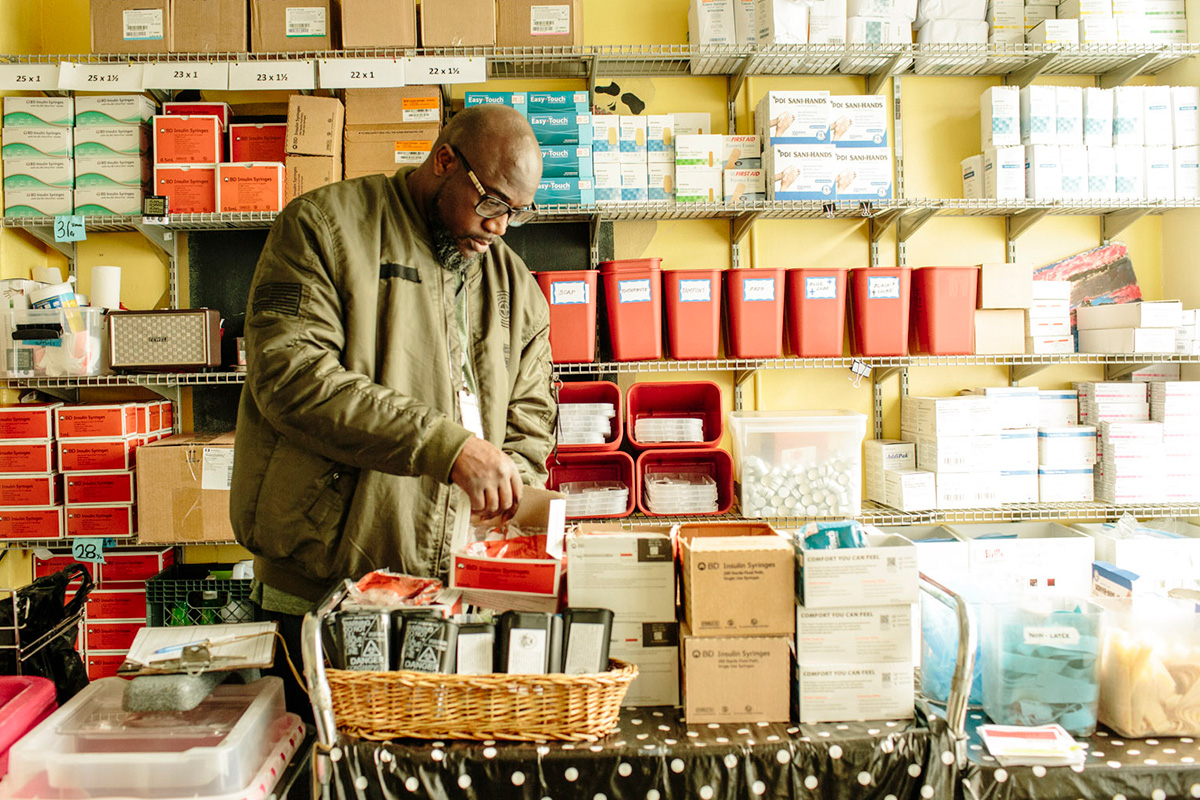
The COVID-19 pandemic has only intensified the critical needs of people who use substances, including those who inject drugs and those that may be experiencing homelessness. Fatal overdose, HIV transmission, and hepatitis C infection have always been a concern. Yet with the closures and funding reductions of harm reduction and needle exchange programs because of COVID-19, the risks have grown even greater.
This is something that Laura Thomas, our director of harm reduction policy, is keeping a close eye on–and advocating at the federal level for funding to address. This month, she testified to the House Committee on Appropriations for federal funding to expand services offered by syringe service programs. Specifically, in support of $120 million in funding for the Infectious Diseases and Opioid Epidemic program at the Centers for Disease Control and Prevention.
Thomas explained that in the U.S., more than 100,000 people have likely died from overdose in 2020–a 40% increase over the previous record set in 2019. In San Francisco, about 700 people died of drug overdose in 2020, which is more than twice as many people who have died of COVID-19.
Narcan (naloxone), an overdose reversal medication distributed by syringe service programs, is a powerful tool in overdose prevention efforts. More than 36,500 doses of Narcan were distributed in San Francisco by SFAF harm reduction staff last year, and nearly 4,000 overdose reversals were reported. But paired with the pandemic, there is still unmet need–in San Francisco and across the U.S.
“Unfortunately, the nation has insufficient access to syringe access services, and the COVID-19 pandemic has decreased access to these life-saving services during a time when the need for these services has increased dramatically,” said Thomas. “Infectious diseases associated with opioid and other drug use have also dramatically increased, and people of color are disproportionately affected.”
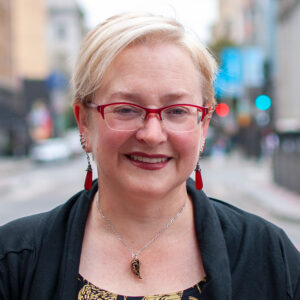
Syringe service programs (oftentimes called “needle exchanges” or “harm reduction centers”) are evidence-based programs that distribute tools, resources, and information that improve the health and lives of people who use drugs. In addition to distributing new syringes to reduce the spread of HIV and other blood-borne infections like hepatitis C, syringe service programs provide access to medical service, hepatitis C treatment and cure, harm reduction counseling, access to drug treatment services, overdose prevention medication, and more.
“Our syringe service program [at San Francisco AIDS Foundation] reaches over 18,000 people per year,” said Thomas. “And our staff build relationships with participants that honor them as experts on their experience. These relationships are the foundation upon which change can be built. I was a syringe access volunteer starting in 1998, and I have seen firsthand the impact that these essential services can have. And I’ve also lost far too many friends and colleagues to overdose in that time. Congress must respond to the overdose crisis, as well as work to prevent and reduce infectious disease related to drug use such as HIV and hepatitis C by supporting and expanding access to syringe service programs.”






